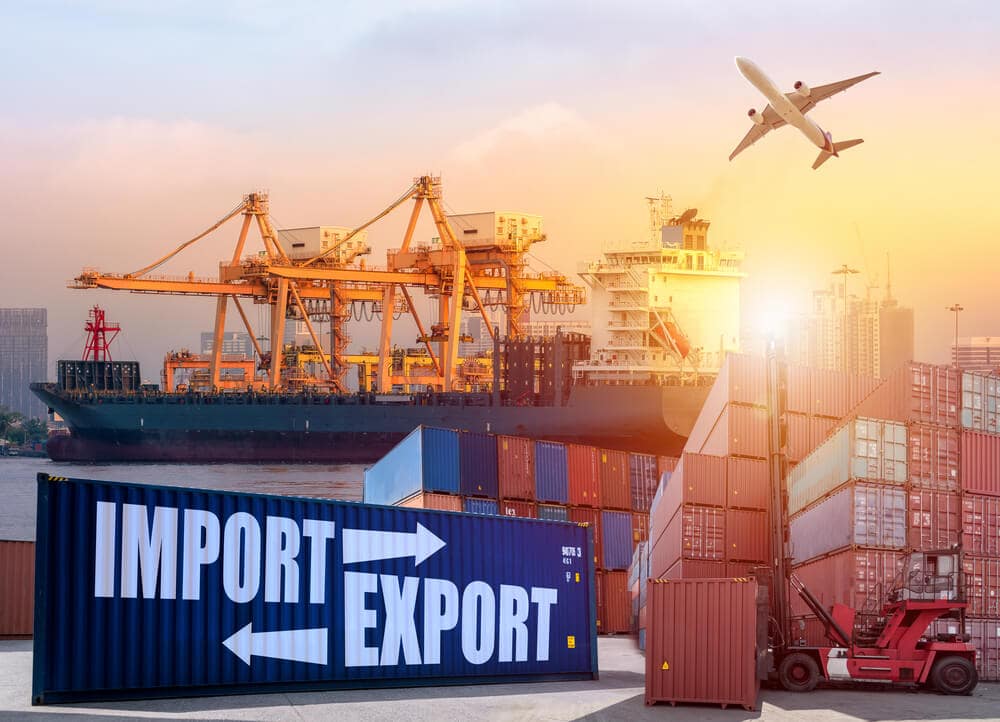
Import and export play a vital role in the global economy, fostering international trade, economic growth, and development. Here are some reasons why import and export are important and the scope they offer in the world:
Access to Goods and Services: Import and export allow countries to access goods and services that are not readily available domestically. It enables consumers to access a wider variety of products at competitive prices and promotes consumer choice. Importing goods fills gaps in the domestic market, while exporting allows businesses to tap into foreign markets and expand their customer base.
Economic Growth and Job Creation: Import and export activities contribute to economic growth by generating employment opportunities and fostering entrepreneurship. Export-oriented industries often require a skilled workforce, leading to job creation and income generation. Importing raw materials and intermediate goods supports domestic industries, enabling them to manufacture and export value-added products.
Foreign Exchange Earnings: Exporting goods and services brings in foreign exchange earnings for a country. This strengthens the balance of payments and allows countries to pay for imports, service external debt, and accumulate foreign reserves. Export earnings contribute to economic stability and help finance infrastructure development, healthcare, education, and other essential sectors.
Competitive Advantage and Specialization: Import and export promote specialization and the development of competitive advantages. Countries tend to export goods and services in which they have a comparative advantage, such as natural resources, skilled labour, or technological expertise. By focusing on producing and exporting these goods, countries can achieve economies of scale, enhance productivity, and compete globally.
Technology Transfer and Knowledge Exchange: Importing goods and services often involves the transfer of technology, knowledge, and managerial expertise. By importing advanced technology, countries can upgrade their industrial capabilities and improve productivity. Exporting goods and services also exposes businesses to international best practices and market trends, encouraging innovation and continuous improvement.
Market Diversification and Risk Mitigation: Engaging in import and export activities allows countries to diversify their markets and reduce reliance on a single domestic market. This diversification helps mitigate risks associated with economic downturns, changes in consumer demand, or political instability in specific regions. By accessing multiple markets, businesses can spread their risks and seize opportunities for growth.
International Cooperation and Diplomacy: Import and export activities foster international cooperation, diplomacy, and interdependence. Trade agreements, such as free trade agreements (FTAs) and regional economic blocs, facilitate trade relationships, reduce trade barriers, and promote economic integration. Through trade, countries build economic ties, strengthen diplomatic relations, and foster mutual understanding and collaboration.
The scope of import and export in the world is vast. Globalization, advancements in transportation, communication technologies, and trade liberalization have expanded opportunities for international trade. Emerging markets, such as China, India, and Southeast Asian countries, offer significant potential for import and export activities. E-commerce has also revolutionized international trade, enabling businesses of all sizes to engage in cross-border transactions.
Moreover, with the rise of the digital economy, services trade, including IT services, software development, consulting, and tourism, has gained prominence in global trade. As countries continue to specialize in specific industries and tap into global value chains, the scope for import and export is expected to grow further.
However, it's important to note that challenges exist in the form of trade barriers, protectionism, geopolitical tensions, and regulatory complexities. Overcoming these challenges requires trade facilitation measures, policy reforms, infrastructure development, and promotion of a conducive business environment to fully leverage the scope of import and export in the world economy.